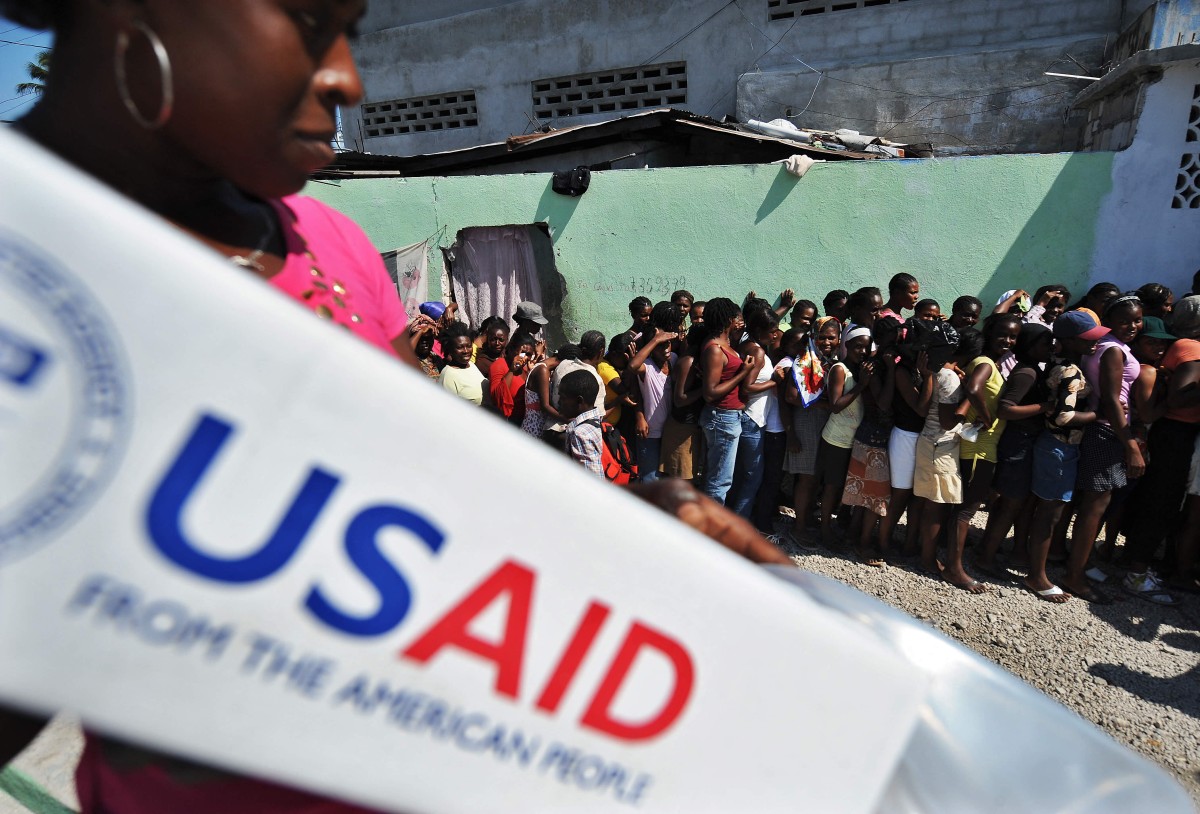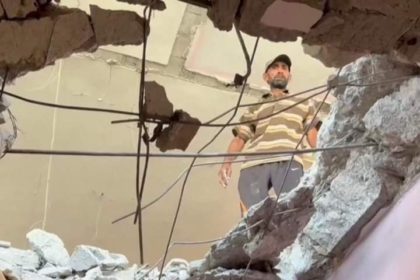
By Adeyemi Adekunle
In a decisive move to safeguard its healthcare system, Nigeria has allocated $200 million to the sector, following the suspension of aid by the United States Agency for International Development (USAID). This initiative has been lauded by the United Nations as a testament to Nigeria’s commitment to self-reliance and proactive governance.
The U.S. government’s recent decision to freeze USAID funding for 90 days has posed significant challenges for Nigeria, which previously received over $600 million in health assistance in 2023. The suspension threatened to disrupt critical programs addressing malaria, HIV/AIDS, and vaccine distribution.
Recognizing the potential impact, the Nigerian National Assembly swiftly approved an additional $200 million in the 2025 budget to bridge the funding gap. Senator Adeola Olamilekan, Chair of the Senate Appropriations Committee, emphasized the urgency of the situation, stating that the withdrawal could severely affect disease control efforts and the well-being of millions of Nigerians.
The United Nations Development Programme (UNDP) has praised Nigeria’s prompt action. UN Assistant Secretary-General and UNDP Regional Director for Africa, Ahunna Eziakonwa, highlighted the country’s leadership in addressing the funding shortfall. Speaking at a meeting in Lagos with a delegation of the House of Representatives led by Deputy Speaker Benjamin Kalu, Eziakonwa remarked that Nigeria’s decision sets a precedent for other African nations to prioritize internal solutions over external aid dependencies.
The newly allocated funds are earmarked for the procurement of vaccines, treatments for epidemic diseases, and the continuation of essential health services. This move aims to ensure that the suspension of U.S. aid does not hinder Nigeria’s progress in combating prevalent health challenges.
Moreover, the investment is expected to bolster Nigeria’s efforts in achieving its 2027 health insurance coverage goals. The Director-General of the National Health Insurance Authority (NHIA) recently noted that Nigeria has reached 95% of its 2027 target, emphasizing the need for sustained political will and increased funding to maintain and improve health outcomes.
Nigeria’s proactive approach underscores the importance of self-reliance in addressing national challenges. By reallocating resources to critical sectors, the country demonstrates resilience and a commitment to the well-being of its citizens. This strategy not only mitigates the immediate effects of the aid suspension but also lays the groundwork for a more sustainable and autonomous healthcare system.
Nigeria’s allocation of $200 million to its healthcare sector in response to the USAID funding freeze exemplifies a nation’s determination to prioritize its citizens’ health and well-being. The United Nations’ commendation reinforces the significance of such initiatives, highlighting the potential for other countries to adopt similar strategies in the face of external funding challenges.



